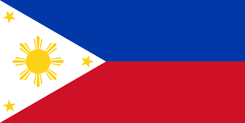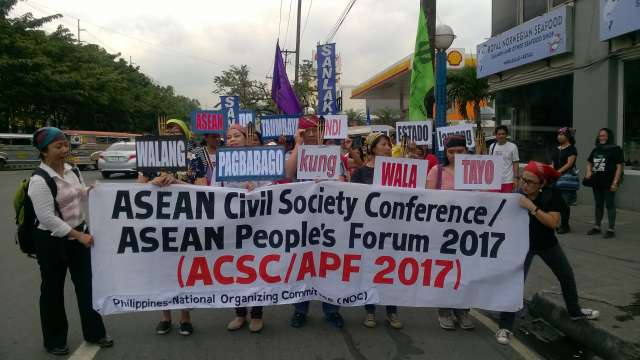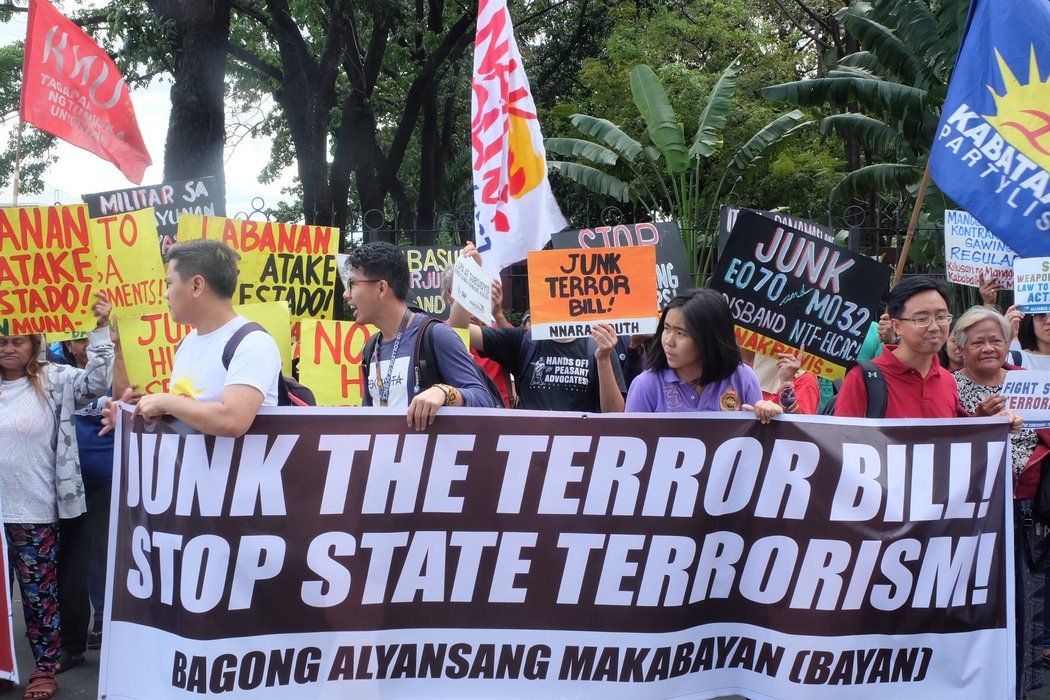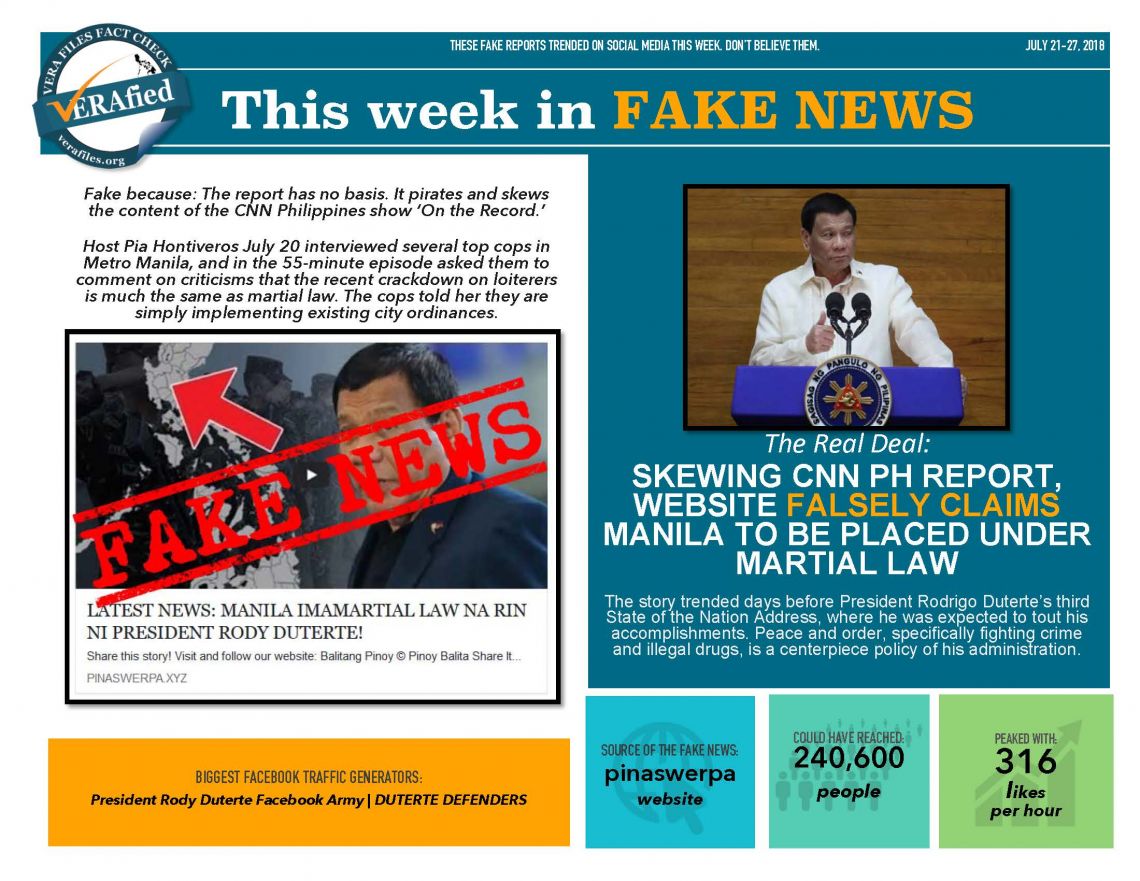Characterised by a weak state and a strong civil society, the Philippines has experienced democratic decline since the rise of former President Rodrigo Duterte. According to the 2023 reports from Varieties of Democracy and the Economist Intelligence Unit, the Philippines is classified as an "electoral autocracy" and a "flawed democracy," respectively. Civicus identifies its civil society space as repressed, and the 2023 Freedom on the Net report deems the Philippines' internet only partly free. Among the six countries in our study, the Philippines is one of the deadliest for journalists, ranking 134th out of 180 countries in the Press Freedom Index, reflecting this troubling trend. Additionally, the country's rule of law is weak, ranking 100th out of 142 countries in the Rule of Law Index.
The Philippines has a long-standing history of authoritarianism, notably under President Ferdinand Marcos in the 1970s. However, it transitioned to democracy in 1986 through the People Power Revolution. Since then, the country has faced numerous political crises, including popular protests leading to the removal of an elected president and another president's attempt at a coup. Additionally, the growing income disparity, exacerbated by oligarchic control, remains a significant issue.
In 2016, former Davao Mayor Rodrigo Duterte was elected president. Considered an outsider to the established elite, Duterte was seen as a figure who could restore law and order for ordinary Filipinos. However, his populist approach has had negative repercussions, particularly for civil society and critics of his aggressive war on drugs, which has resulted in the deaths of tens of thousands of suspected drug pushers. Journalists have also been at risk, facing threats of extrajudicial killings under the guise of combating drug trafficking or countering leftist insurgency.
Although the Cybercrime Prevention Act of 2012 was passed during the administration of President Benigno Aquino III (2010-2016), its Chapter 3, Section 4(c)4 on cyber libel has been predominantly exploited during the Duterte administration, primarily against critical journalists. Additionally, during the COVID-19 pandemic, Duterte enacted the Bayanihan to Heal As One Act, with authorities using Section 6(f) of the Act to stifle criticism of the government's public health management policies.
Duterte was succeeded by Ferdinand "Bongbong" Marcos Jr., the son of the former dictator. While Marcos Jr.'s policies are less aggressive than Duterte's and civil liberties have slightly improved since his presidency, the Philippines continues to grapple with Duterte's legacy and the prospect that his daughter, Sara Duterte, might win the next presidential election.



